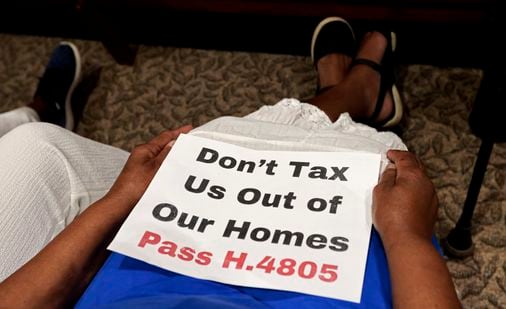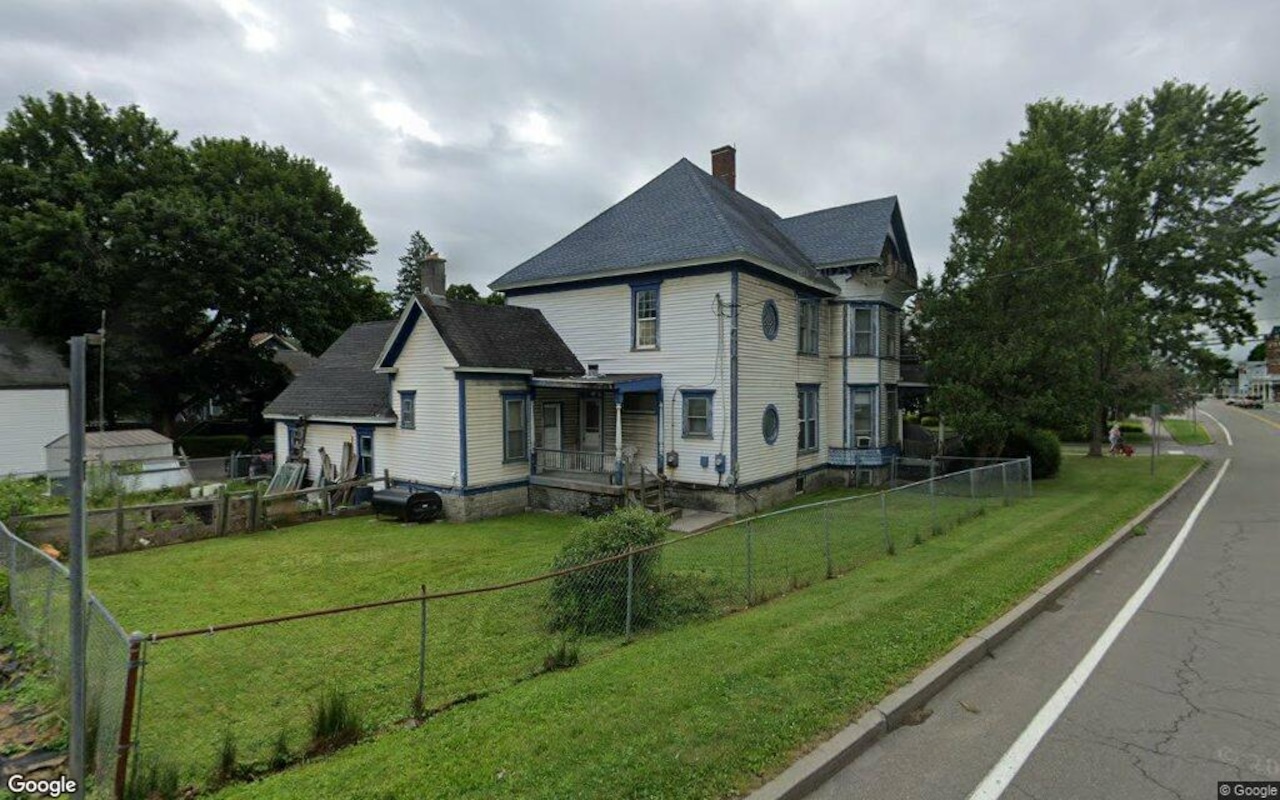O
n Wednesday, during an informal session, Massachusetts State Senate may consider a home rule petition proposed by Mayor Michelle Wu. This comes after her bill was unexpectedly passed by the House before the formal session ended in August. However, the Senate let it die, causing concerns among opponents in the commercial real estate industry and broader business community. They fear the chamber may revisit the issue during the informal session.
Wu has been having conversations with legislators and stakeholders to ensure everyone's questions are answered. A spokesperson for Senate President Karen Spilka responded lukewarmly, stating that the Senate remains open to continuing conversations with the City of Boston and other stakeholders.
Critics have dusted off a 2004 report by the state Department of Revenue to convince Senate President Karen Spilka and other senators that Wu's tax plan should stay dead. The report questioned the wisdom of allowing municipalities to set commercial property levies high to keep residential rates low.
Wu's opponents are highlighting a passage where the authors expressed "serious doubts" about property tax systems like Boston's and others in the state that significantly tax commercial and industrial buildings more than residences. They argue that authorizing ever-increasing shifts to commercial classes is not good public policy and may raise constitutional issues.
Wu is seeking to increase the tax rate paid by commercial landlords to offset falling values and protect the city's budget without forcing painful tax hikes on everyday residents. Her initial proposal was for a five-year window but was later limited to three years as part of a deal with House lawmakers.
Boston has one of the lowest residential tax rates among big cities, leaving it heavily reliant on commercial property taxes, which are 2.5 times higher than residential property taxes. Under Wu's plan, the differential would rise to almost three times, though some office building landlords would still see their bills drop due to lower valuations.
Landlords and business leaders argue that the city should pursue other options, including trimming spending and using its rainy day fund to plug any budget gaps. Neither side will say it out loud, but the bottom line seems to be whether Boston homeowners should be paying a bigger share of the property tax levy than they have in the past.
Swift argues that the economic landscape was much different in 2002 when Menino first sent his plan to the State House. Boston's commercial real estate market was still feeling the aftershocks of the dot-com bubble and the economic downturn after the September 11 terror attacks in 2001.
Now, Boston's commercial market has been hit hard not by an economic slowdown but by the work-from-home phenomenon and overbuilding, and the results could prove far more profound than the 2004 drop. Swift argues that it doesn't make sense to hit struggling commercial landlords to continue subsidizing homeowners whose properties are climbing in value when the problem could linger for years.
Wu assumes that commercial values will show a 10 percent annual decline when the city completes its assessment process. Residential values will be up about 5 percent. If those estimates hold, Boston homeowners would face a 16.5 percent increase in their third-quarter tax bills over the same period last year. Wu's bill would limit the rise to 5 to 9 percent.
The tax tab on older commercial buildings would fall 8 percent under Wu's plan compared to a 13 percent drop if no action is taken. Newer "Class A" properties, which are doing better in attracting and retaining tenants, would likely see an increase in tax bills, but Wu said it was too early to estimate the gain.
The mayor's critics are frustrated by her dismissal of other options to offset the drop in commercial tax revenues. Marty Walz, interim president of the Research Bureau, noted that while Moody's Ratings reaffirmed Boston's top AAA credit rating in May, it said, "Separate from the city's tax revenue generation, tighter control over expenditures and use of reserves could be needed to balance operations depending on the severity of the challenges during this economic cycle."
Wu offered several credible reasons why the city can't cut its budget this year as Menino did in 2004 or dip into the reserve fund. The fiscal 2025 budget, which is 8 percent higher than last year's, includes new union contract salaries and one-time costs of making the Boston Planning & Development Agency a City Hall department. Inflation has driven up costs, and much of the $1.2 billion reserve fund can't be used for operating expenses.
If the mayor wants to win Senate approval, she has to be willing to yield some ground to the opposition.















